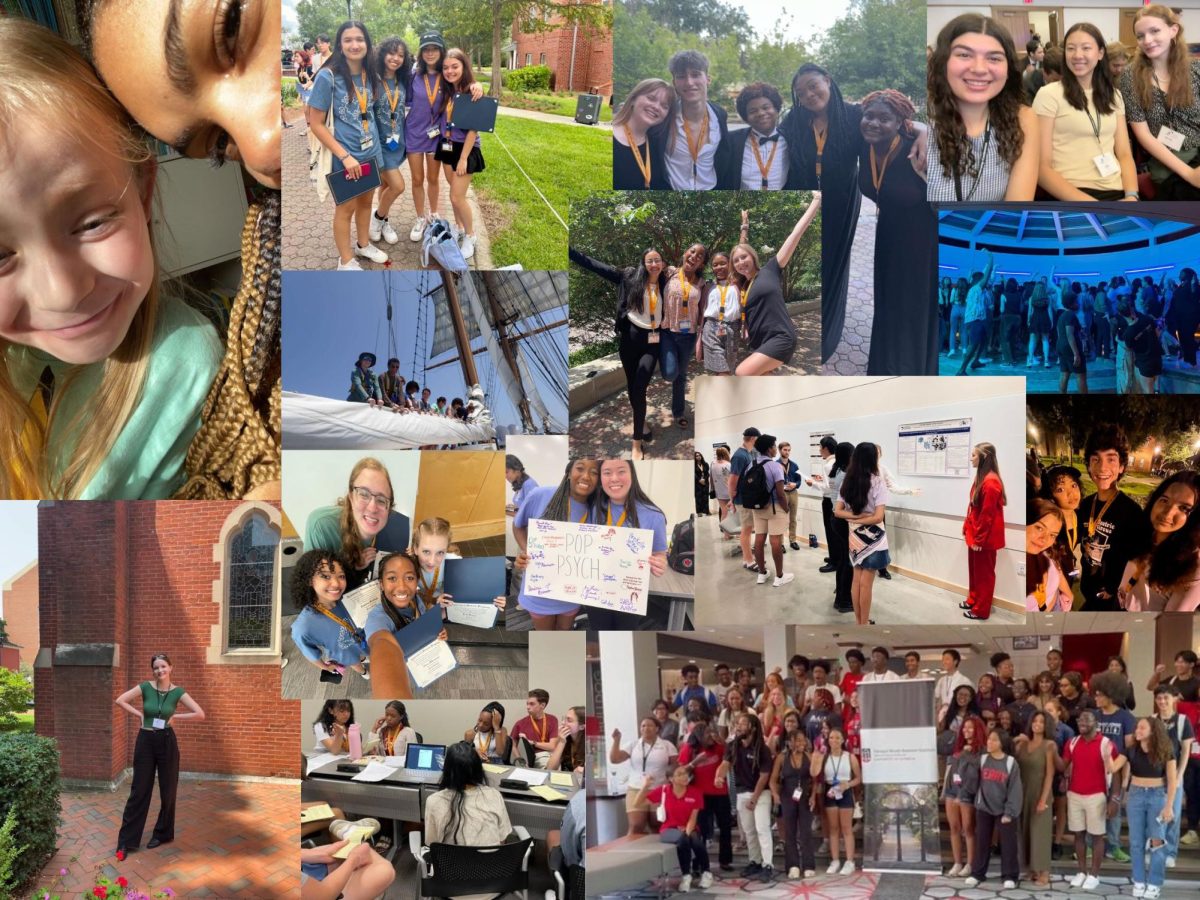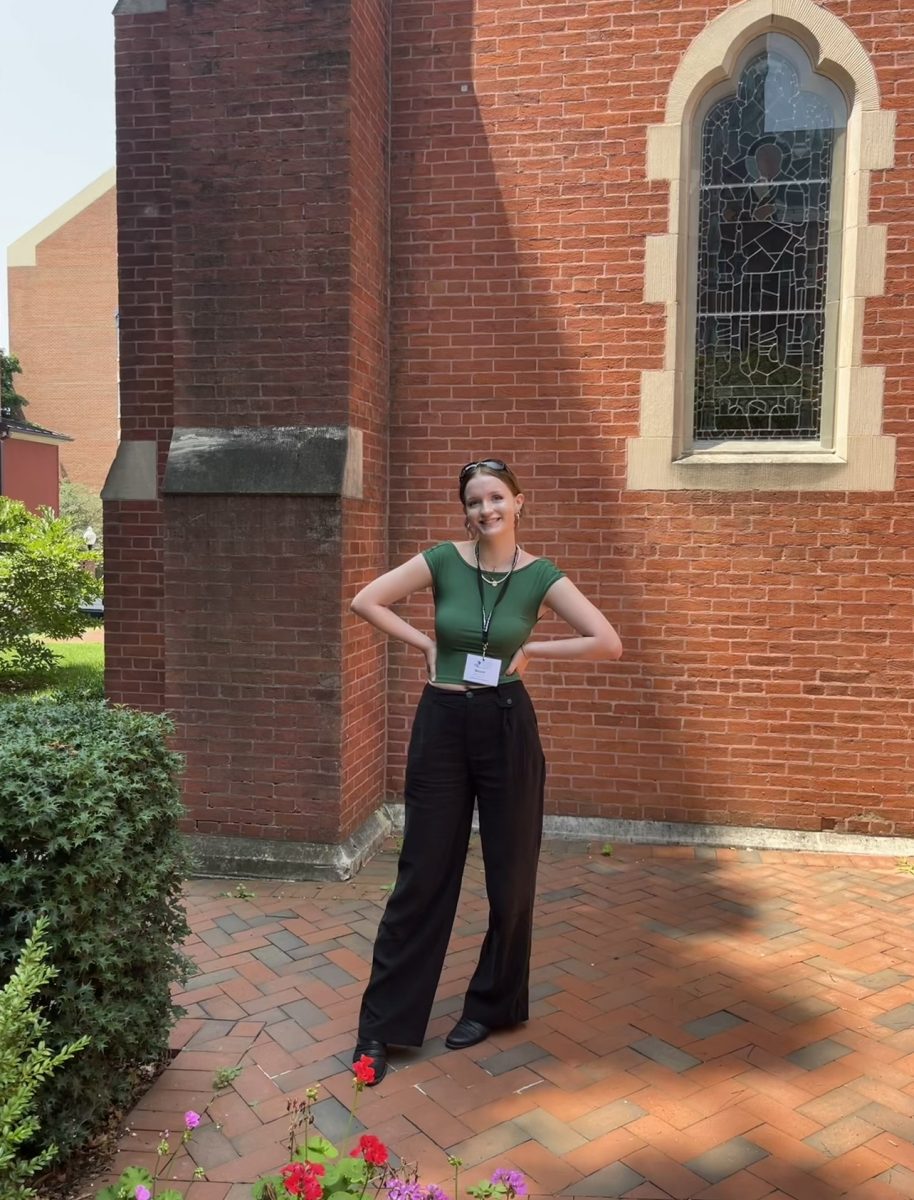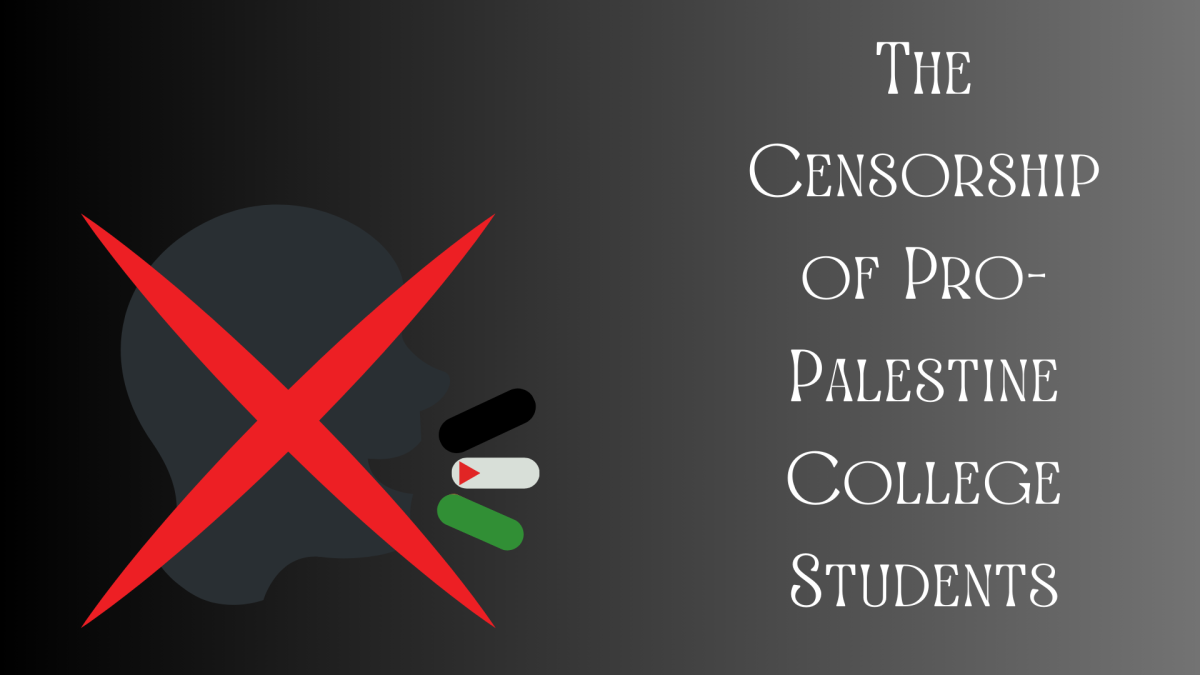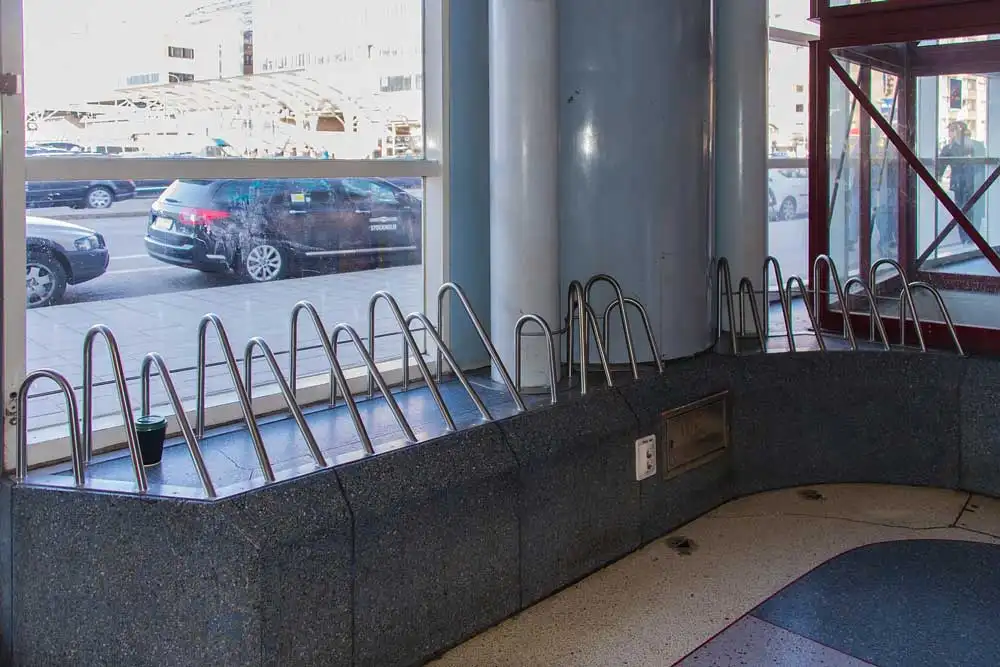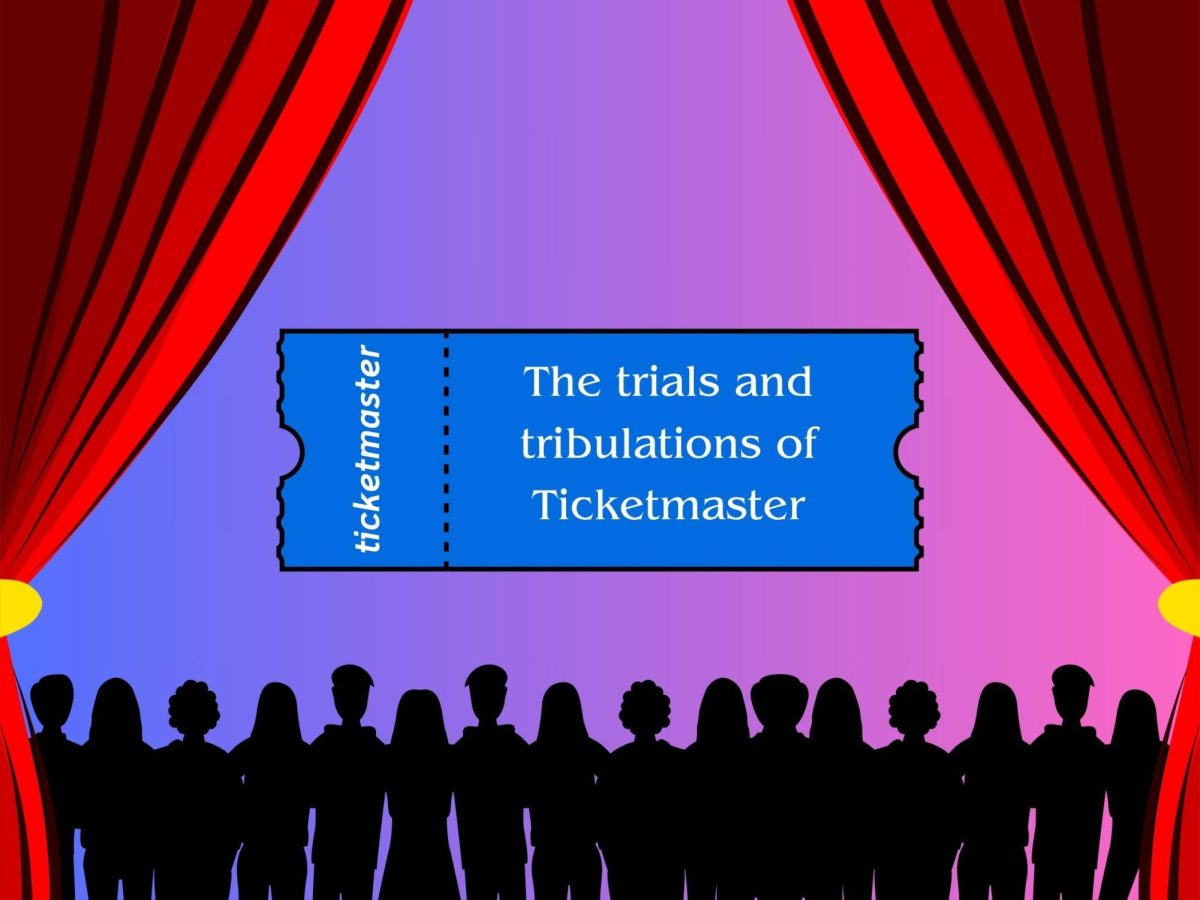With the ever-changing layout of the modern college application process, high school students across America face a unique set of circumstances dissimilar to those their parents needed to navigate. Advanced Placement (AP) exams and SAT scores do not harbor the same cruciality as they did in years past; FairTest.org states that 2,004 colleges and universities in America transitioned to ACT/SAT optional submissions, allowing students a choice to void those particular scores on their applications. To fill this standardized-sized gap in their admissions portals, vast amounts of students across the United States turned to summer academic programs to help them receive an extra edge. This transition may not come as a shock to the majority of young people– according to the Pew Research Center in a study from 2019, an increasing amount of teens seek out academic opportunities during the summer than in years past. By carefully providing students with real-world experiences, financial accessibility and enough time to enjoy their time off from school, summer programs continue to positively impact students, one admissions cycle at a time.
In the classroom, teachers and students fall prey to the restrictive nature of state-wide curriculums. While schools across the country provide several options for electives and AP courses, curious students seek out summer programs to expand on their interests, free of stiffening scantrons or cramped conjoined desks. Throughout the school year, colleges and universities offer major-specific programs for high school students to help them explore their interests; for example, the University of Georgia hosts a series of Summer Academy Camps marketed to middle and high schoolers, with career-prep programs that aim to aid young people in expounding on their passions.
Summer programs also teach students real-world skills they can apply in their future post-high school endeavors. For example, the National Security Language Institute for Youth (NSLI-Y), encourages students across the nation to learn languages that would help them become versatile citizens of the world. NSLI-Y offers languages such as Mandarin, Russian and Hindi, all of which would benefit students interested in pursuing the field of international affairs in the future. Initiatives such as NSLI-Y create a space for students to learn skills that provide a vast array of opportunities for them in and around the United States, and broaden their linguistic horizons for affairs outside of U.S. borders.
“[Because of NSL-Y] I can now say that I am trilingual which is very cool. I’m conversational in Russian, so I’ve been looking for a Russian store I can attend. I speak with my host family to this day, and we are able to have conversations with each other. It has increased my self-confidence and has made me resourceful, and more problem-solving-eques. I’m just able to do more things now than before when I hadn’t done the program,” magnet junior Destiney Jones said.
Students of all socioeconomic backgrounds can take part in summer programs. Certain initiatives, such as Georgia’s very own Governor’s Honors Program (GHP), receive funding from state offices which covers expenses such as room and board for students. The merit-based academic initiative provides juniors and seniors from all over the state with a chance to major in a subject they feel passion for without the financial burden that may stand in the way of participation. GHP aligns with a lengthy list of free summer programs, and thus supplies the financial means for an increased number of students to engage with them. Programs that do cost money, however, also provide students with opportunities to request scholarships, which help lessen tuition fees. For instance, the Ohio Pre-College Summer Arts Program offers financial aid or merit-based scholarships for students who qualify. Regardless of a student’s economic standing, the cost diversity of summer programs produces an easier way for students to engage in them.
While summer programs provide students with enriching experiences, they deprive students of one crucial element in their summer vacations: rest. Summer offers two months of an uninterrupted and unbridled separation from academics, allowing students to let loose and savor time off. When those two sacred months experience an interruption by the likes of summer work or projects, students fall right back into the cycle of stress so commonly associated with school. Several programs harbor month-long durations, with others even daring to carry on into the month of August, a time when students nationwide venture back into the hallowed halls of their educational facilities. Despite the eerily close quarters that summer programs and school may cohabitate, there lies several programs that allow students flexibility during the months of June and July. For example, the Mathroots summer program at the Massachusetts Institute of Technology (MIT) only runs for 14 days, allowing students a lofty amount of summer break before returning to school. While this luxury does not extend to all summer programs, a plethora of programs exist within arms reach.
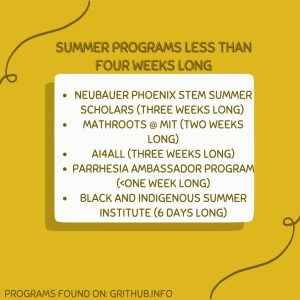
At their core, summer programs provide students a window into who they wish to become, and what they desire to pursue. Inviting and accommodating stand as two key factors in the success of these programs, and why students seek them out time and time again. By allowing students several ways to participate in them, summer programs expand the worldview of the modern high schooler, thus further preparing them for the real world.
“I definitely do believe that they [summer programs] are beneficial for students because you’re surrounded by so many other students your age that are interested in the same things you are. That’s something that you might not have at home because you’re in school not necessarily for the same thing. You also get exposed to so many new things, and you learn a lot based on whatever you’re going there for. It’s definitely beneficial,” magnet junior Naomi Morris said.








